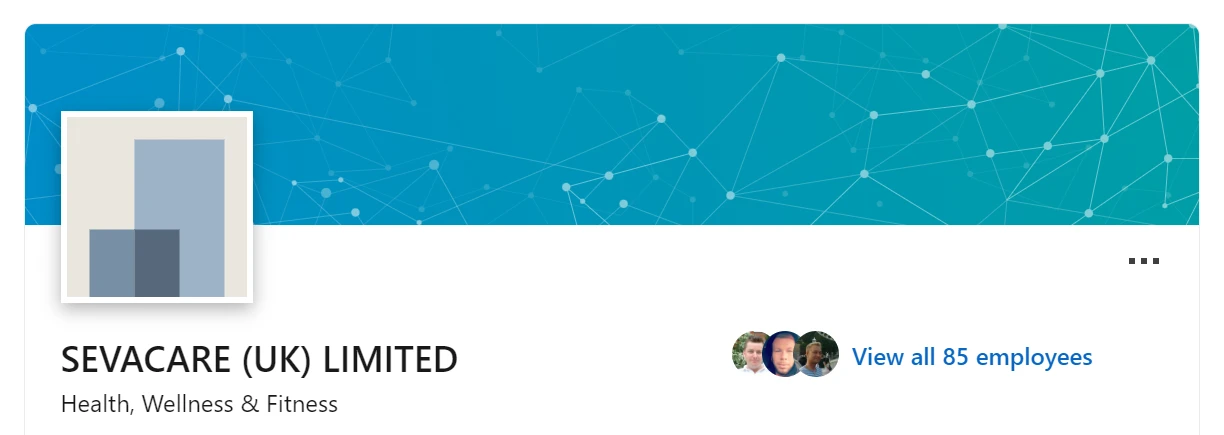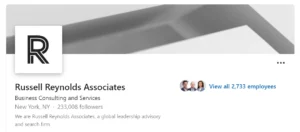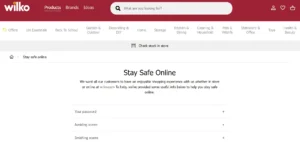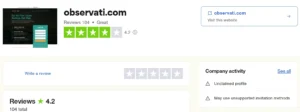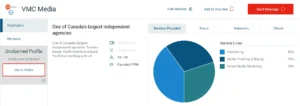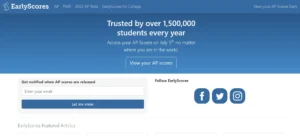Sevacare International Recruitment Scam – Are you aware of the rising threat of phishing scams targeting Sevacare International Recruitment?
Take a closer look at how these scams operate and discover the telltale signs to watch out for.
In this article, we will provide you with essential tips to protect yourself from falling victim to this malicious scheme.
Stay informed and learn how to report and take action against these scammers from Sevacare International Recruitment.
Table of Contents
The Rise of Phishing Scams in Sevacare International Recruitment
You should be aware of the increasing number of phishing scams in Sevacare International Recruitment. These scams have been on the rise recently, posing a significant threat to the company and its employees.
Phishing scams involve fraudulent individuals or groups attempting to deceive you into divulging sensitive information, such as usernames, passwords, or financial details. They often disguise themselves as legitimate entities, such as Sevacare International Recruitment, using clever tactics to trick you into providing them with your personal information.
These scams can be delivered through various means, including emails, phone calls, or even text messages. It’s crucial to stay vigilant and cautious when interacting with any communication that asks for personal information.
Remember to verify the legitimacy of the source before sharing any sensitive data to avoid falling victim to these phishing scams.
How the Phishing Email Scam Works: An Inside Look
Take a closer look at how the phishing email scam operates to understand the tactics employed by scammers.
Phishing emails are designed to trick unsuspecting individuals into revealing personal information, such as passwords, credit card numbers, or social security numbers. These emails often appear to be from legitimate organizations or individuals, using convincing logos and language to deceive recipients.
The scammer typically poses as a trustworthy entity, such as a bank or an online retailer, and creates a sense of urgency or fear to prompt immediate action. They may claim that there’s a problem with the recipient’s account or that their personal information has been compromised.
By clicking on a link or downloading an attachment in the email, the victim unknowingly provides the scammer with access to their sensitive information, leading to potential identity theft or financial loss.
It’s important to be vigilant and cautious when interacting with suspicious emails to avoid falling victim to these scams.
Warning Signs and Red Flags to Identify a Phishing Email
Spotting common signs and red flags can help you identify a phishing email. One of the first things you should look for is the sender’s email address. Phishing emails often use fake or slightly altered email addresses that may seem legitimate at first glance.
Another red flag is poor grammar and spelling mistakes in the email. Legitimate companies usually have proofreaders and editors to ensure their emails are error-free.
Be cautious if the email asks for personal or financial information, especially if it urges you to provide it urgently. Legitimate companies rarely ask for sensitive information via email.
Additionally, be wary of emails that contain suspicious attachments or links. These could be malware or phishing attempts.
Protecting Yourself: Essential Tips to Avoid Falling for the Scam
To effectively protect yourself from falling for the scam, be cautious of and avoid clicking on any suspicious links or downloading attachments from unknown sources. Cybercriminals often use phishing emails as a way to trick unsuspecting individuals into revealing sensitive information or infecting their devices with malware.
Always double-check the sender’s email address and look for any grammatical errors or inconsistencies in the email content. If the email seems suspicious, it’s best to err on the side of caution and delete it immediately.
Additionally, it’s advisable to keep your antivirus software up to date and regularly scan your computer for any potential threats. Remember, staying vigilant and being proactive in protecting your personal information is crucial in avoiding falling victim to phishing scams.
Reporting and Taking Action Against Sevacare International Recruitment Scammers
You can report and take action against Sevacare International recruitment scammers by contacting the appropriate authorities and providing them with any relevant information or evidence you may have.
Start by contacting your local law enforcement agency and filing a report with them. Provide them with details of the scam, such as the emails or messages you received, any financial transactions you made, and any personal information you may have shared.
It’s also important to report the scam to the Federal Trade Commission (FTC) in your country and provide them with the same information.
Additionally, you can report the scam to the Anti-Phishing Working Group (APWG), an international organization that works to combat phishing scams.
Frequently Asked Questions
How Long Has Sevacare International Recruitment Been in Operation?
Sevacare International Recruitment has been in operation for an undisclosed period of time.
However, it’s important to note that the current question is unrelated to the context of the phishing email scam.
Are There Any Other Companies in the Recruitment Industry That Have Been Targeted by Phishing Email Scams?
Yes, other companies in the recruitment industry have been targeted by phishing email scams.
It’s important to stay vigilant and cautious when dealing with any suspicious emails or requests for personal information.
What Are Some Common Methods Used by Scammers to Gather Personal Information Through Phishing Emails?
Scammers often use phishing emails to gather personal information. They may pretend to be a legitimate company and ask you to click on a link or provide sensitive details.
Be cautious and avoid falling for these scams.
Are There Any Legal Consequences for Individuals Involved in Phishing Scams Targeting Sevacare International Recruitment?
There may be legal consequences for individuals involved in phishing scams targeting Sevacare International Recruitment.
It’s important to be aware of the potential consequences and to report any suspicious activity.
Is Sevacare International Recruitment Taking Any Additional Security Measures to Prevent Future Phishing Email Scams?
Sevacare International Recruitment is taking additional security measures to prevent future phishing email scams. They’re implementing stronger authentication protocols, conducting regular employee training, and improving their email filtering system to detect and block suspicious emails.
Conclusion
In conclusion, it’s crucial to remain vigilant and cautious when dealing with emails related to Sevacare International Recruitment. The rise of phishing scams targeting individuals seeking employment opportunities has become a growing concern.
By being aware of warning signs and red flags, and following essential tips to protect oneself, it’s possible to avoid falling victim to these scams.
Reporting and taking action against the scammers is essential to prevent further harm and protect others from becoming victims.
Also Read
Grafton Recruitment Reviews: Grafton Recruitment Scam or Legit?
Rice Krispies Scandal: Kellogg’S Incident Involving Rice Krispies
Aog Technics Scandal: FAA Issues Warning Over AOG Technics
Also Read
Hans Niemann Scandal: Chess Cheating Scandal Explained
Tom Sandoval Scandal: Ariana Madix Reflects on Ex Tom
Peoples Pod Recruitment Scam – Don’t Be Fooled
Also Read
JMJ Phillip Reviews – Is JMJ Phillip Legit or a Scam?
Korn Ferry Recruitment Scam – Don’t fall for this Whatsapp phishing scam
Pink Lily Deal Scam – Don’t be fooled by this fake online store
Also Read

